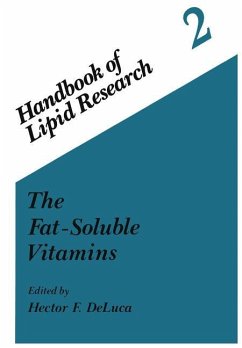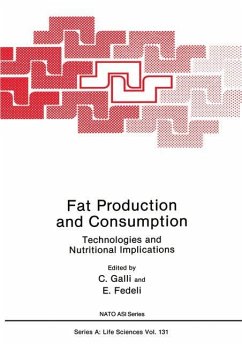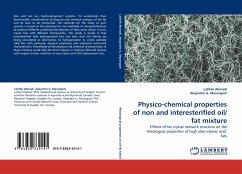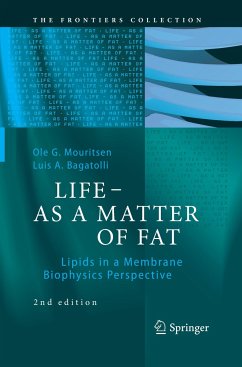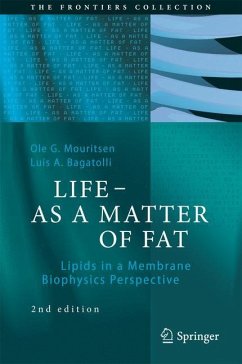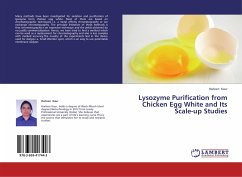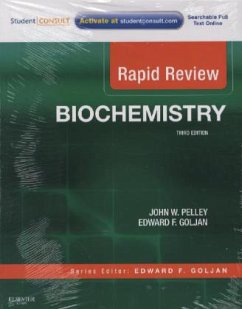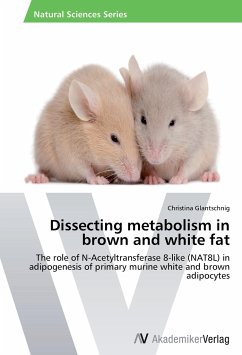
Dissecting metabolism in brown and white fat
The role of N-Acetyltransferase 8-like (NAT8L) in adipogenesis of primary murine white and brown adipocytes
Versandkostenfrei!
Versandfertig in 6-10 Tagen
24,99 €
inkl. MwSt.

PAYBACK Punkte
12 °P sammeln!
Studies on the metabolism of adipose tissue mainly use immortalized cell lines for in vitro investigations. However, their physiological behavior may differ strongly from in vivo processes. Therefore we established an extraction and differentiation protocol for primary brown and white adipocytes (pBACs and psWACs). As previous studies in iBACs and 3T3-L1 cells indicated that N-acetyltransferase 8-like (NAT8L) might play an important role in adipose tissue metabolism, we investigated its role in these primary cells. We found that NAT8L leads to increased mRNA expression levels of UCP1. _-adrene...
Studies on the metabolism of adipose tissue mainly use immortalized cell lines for in vitro investigations. However, their physiological behavior may differ strongly from in vivo processes. Therefore we established an extraction and differentiation protocol for primary brown and white adipocytes (pBACs and psWACs). As previous studies in iBACs and 3T3-L1 cells indicated that N-acetyltransferase 8-like (NAT8L) might play an important role in adipose tissue metabolism, we investigated its role in these primary cells. We found that NAT8L leads to increased mRNA expression levels of UCP1. _-adrenergic stimulation provoked an increase in UCP1 gene expression while pBACs and psWACs lose fat content. We found that in NAT8L overexpressing iBACs, expression of the lysosomal marker genes TFEB and LAMP2 are elevated slightly. In conclusion, pBACs and psWACs have the potential to be potent in vitro models for adipose tissue metabolism. The results found in this thesis confirm NAT8L as an influential player in brown adipose tissue. Our findings indicate that NAT8L merits further investigation as a promising target for the treatment of adiposity and type II diabetes.



